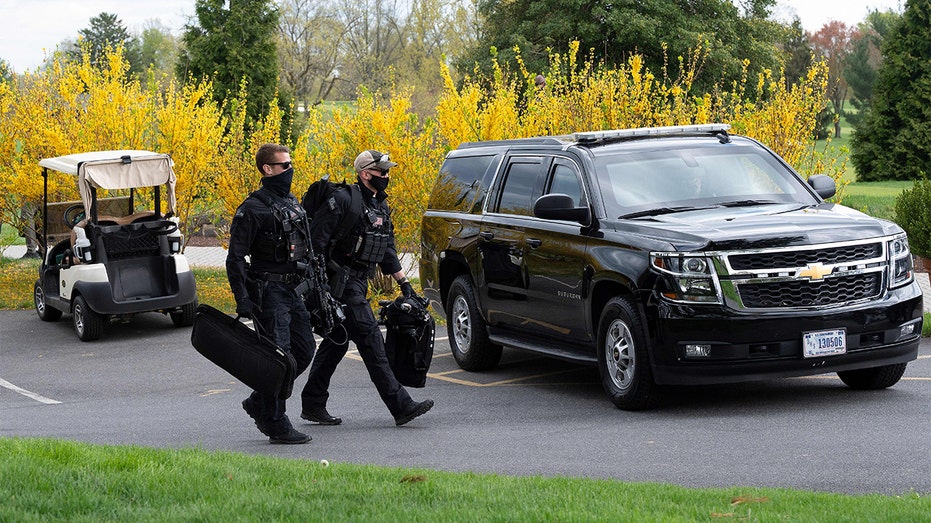Last orders for Amy Lame, but London still needs a night czar
Amy Lame let Londoners down but that doesn’t mean we should abolish the post of night czar altogether. There are three ways we can make sure the next person to hold the post make the capital a 24-hour city, writes James Ford After eight years in post, Amy Lame is calling time on her tenure [...]


Amy Lame let Londoners down but that doesn’t mean we should abolish the post of night czar altogether. There are three ways we can make sure the next person to hold the post make the capital a 24-hour city, writes James Ford
After eight years in post, Amy Lame is calling time on her tenure as the Mayor of London’s night czar. It is unlikely that London’s club owners or club goers will miss her. As her critics have long pointed out, the capital’s night time economy has been in marked decline under her stewardship. Data from the Night Time Industries Association has found that more than 3,000 pubs, bars and nightclubs have closed in London since 2020. Earlier this year, research by Bonus Finder saw London ranked as the worst city in the UK for a night out because of the prohibitive cost of pints and hotel rooms and the dwindling number of licensed premises per 100,000 population. A further study found that just 24 per cent of all London bars, pubs and clubs were open past midnight on a Saturday night (compared to 44 per cent in Edinburgh and 38 per cent in Manchester). No surprise then that #LameLondon became popular earlier this year because of public anger over the lack of late-night options in the capital.
If accelerating the decline of London’s night time economy was not enough of a poisonous legacy, Lame’s conduct in the role has served to further mire the post in controversy
If accelerating the decline of London’s night time economy was not enough of a poisonous legacy, Lame’s conduct in the role has served to further mire the post in controversy. Whilst the capital’s night time economy has shrunk, Lame received a 13.5 per cent pay rise (to £132,846 per year) – significantly more than the 4.5 per cent average that other City Hall staff received. Overall, her salary has grown by 40 per cent since she assumed the post. Sadly, this salary increase has not boosted the night czar’s productivity. During the summer Lame was criticised for continuing to do her BBC radio show whilst on six weeks sick leave from City Hall before immediately embarking on annual leave upon her return to work.
But, what next for London’s beleaguered night time economy, and for the role of night czsar itself? City Hall has been tight lipped as to whether a new night czar will even be appointed. There is a danger that the mayor will throw the baby out with the underperforming bathwater and scrap the role entirely. This would be a mistake. The business case for a night czar is stronger than ever. (If anything, after eight years of epic failure by Lame, London’s nighttime economy is in a worse state than it was before).
Three ways to reinvent the role of night czar
The Mayor may yet be able to salvage the post of night czar and, by extension, some of the credibility and political capital that his administration has lost by letting Lame linger in post so long. But he needs to go about things very differently this time. London needs a night czar 2.0, and I would suggest three steps to reinvent the role.
Firstly, let’s get the hiring process right. The Mayor needs to urgently take the politics out of a role that is politically restricted anyway. It was a mistake to appoint a known Labour supporter like Amy Lame to the role in 2016. This undermined both the post of night czar and painted a political target on Lame’s back from the start. This time Sadiq Khan should ensure that the recruitment of a new night czar is not just based on merit but, more importantly, is seen to be based on merit. To achieve this, Khan should forego managing the recruitment through his office and instead delegate it to a cross-party panel. This should be a specially convened selection panel chaired by Howard Dawber, Sadiq’s Deputy Mayor for Business, but including Assembly Members drawn from the Conservative, Lib Dem and Green groups as well as representatives from businesses.
Secondly, let’s get the candidate pool right this time. Candidates with strong political connections or a history of donating to any political party need not apply. This should ensure that the next night czar enjoys wide-ranging support and can get on with doing the job rather than defending themselves against accusations of cronyism or of being partisan.
And, thirdly, let’s get the job specification right. An effective night czar needs to be more than just an ineffectual cheerleader. The role lacks definition, clear targets and, most critically, real power. I do not have any problem with the post commanding a competitive salary (though I note Manchester’s equivalent, Sacha Lord, is unpaid) – but I think Londoners baulk at rewarding failure. The job ad should set clear, quantifiable objectives that the night czar is held to and must regularly report back to the Mayor and London Assembly on. The appointment should be for a fixed term (preferably aligned to the mayor’s own four-year term of office) and renewal in post should be subject to a formal review and vote by the London assembly economy and culture committee (which Labour does not have majority control of).
Creating a night czar was a genuinely innovative policy by the mayor, and Sadiq Khan deserves recognition and praise for that. However, it is clear that Amy Lame made myriad mistakes, missteps and misjudgements in the subsequent eight years. The Mayor certainly should have intervened sooner to ensure that London had a night czar that delivered for revellers and licensees. But it is not too late to snatch victory from the jaws of defeat and give the capital the night czar it needs and deserves, rather than a failure it does not.
James Ford is a public affairs consultant. Between 2010 and 2012 he worked as an
aide to then Mayor of London Boris Johnson, advising on transport, environment and
digital policy.


